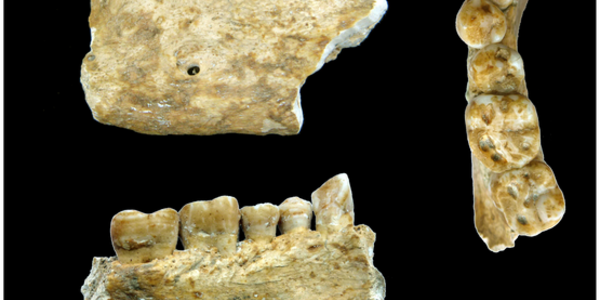Genocide, The Next Generation: The Redemptive Power Of 'Bearing Witness'
A universal approach to helping people who witnessed or experience genocide may be misguided, says an anthropologist.
The experience of genocide as transmitted trauma may not be universal but in the fields of human rights and memory studies, giving testimony about one's personal experience of genocide is believed to be both a moral duty and a psychological imperative for the wellbeing of the individual and the persecuted group to which they belong. The coping strategies for victims of genocide tend to be uniform: tell your story and do not let the violence you suffered be forgotten. What…



